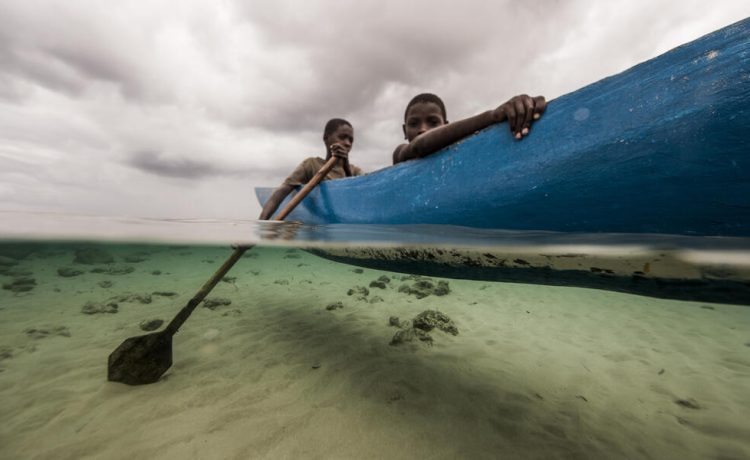maresiliencycenter.org – Mozambique, a country located on the southeastern coast of Africa, is highly vulnerable to the effects of climate change. With a coastline stretching over 2,500 kilometers, the country faces significant challenges from rising sea levels, increased frequency of tropical cyclones, and other climate-related hazards. This article explores the multifaceted impacts of climate change on Mozambique’s coastline, including environmental, social, and economic consequences.
Environmental Impacts
Rising Sea Levels and Coastal Erosion
One of the most pressing environmental issues facing Mozambique is the rise in sea levels. The country’s extensive coastline, which includes the city of Beira, is already experiencing the effects of rising sea levels. Much of Beira’s urban area is now below sea level, and the protective sea walls can only withstand waves up to 3 to 4 meters high. This vulnerability is exacerbated by the absence of natural habitats that could otherwise protect the coastline from erosion and storm surges. Without these protective habitats, approximately 577,448 people are exposed to coastal climate hazards and erosion.
Increased Frequency of Tropical Cyclones
Mozambique is also experiencing an increased frequency of tropical cyclones, which are becoming more intense due to climate change. The country’s coastal areas are particularly susceptible to these storms, which can cause widespread destruction and flooding. The impact of these cyclones is not only immediate but also long-lasting, affecting infrastructure, agriculture, and the overall livelihoods of coastal communities.
Social Impacts
Displacement and Migration
The environmental changes brought about by climate change are leading to significant social impacts, including displacement and migration. As coastal areas become increasingly uninhabitable due to rising sea levels and frequent cyclones, many residents are forced to relocate. This displacement not only disrupts communities but also places additional pressure on inland areas that may already be struggling with their own challenges.
Economic Impacts
Agriculture and Livelihoods
Mozambique’s economy is heavily dependent on agriculture, which is particularly vulnerable to climate change. Changes in rainfall patterns, increased temperatures, and more frequent extreme weather events are affecting crop yields and livestock production. This has a direct impact on the livelihoods of the majority of Mozambicans, who rely on agriculture for their income and food security.
Infrastructure and Development
The country’s inadequate infrastructure further compounds the challenges posed by climate change. Poorly constructed buildings and roads are more susceptible to damage from storms and floods, leading to higher repair costs and disruptions to essential services. The need for resilient infrastructure is critical to mitigate the impacts of climate change and ensure the continued development of coastal communities.
Government and International Efforts
Adaptation and Mitigation Strategies
Recognizing the severity of the situation, the Government of Mozambique has launched several initiatives to address the impacts of climate change. A notable project involves the restoration of coastal ecosystems to provide natural defenses against climate-related hazards. This USD 6 million project aims to protect the coasts through the restoration of mangroves and other coastal habitats.
International Support
Mozambique has also received support from international organizations and the global community. The United Nations and other international bodies have provided assistance in the form of funding, technical expertise, and policy guidance to help the country adapt to and mitigate the effects of climate change.
Conclusion
The impact of climate change on Mozambique’s coastline is profound and multifaceted, affecting the environment, society, and economy. The country’s extensive coastline and reliance on agriculture make it particularly vulnerable to rising sea levels, increased cyclone activity, and other climate-related hazards. Addressing these challenges requires a combination of local adaptation strategies, international support, and robust infrastructure development. By working together, Mozambique and its partners can build a more resilient future for coastal communities.

